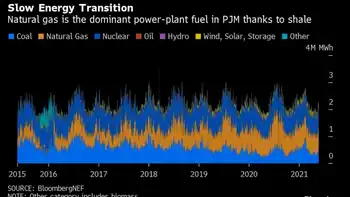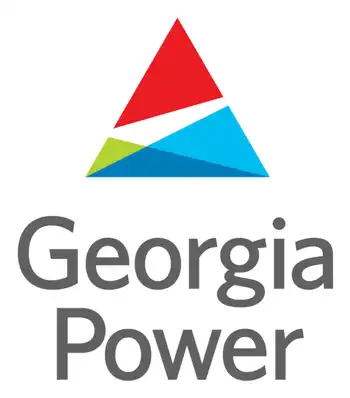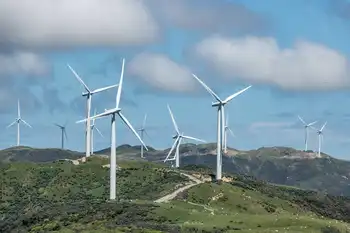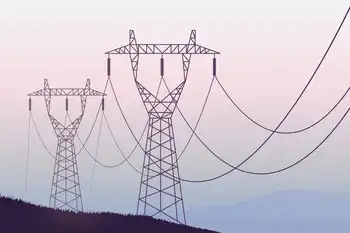Japanese utilities to test “low emissions” coal plant
The two power firms announced that they have formed a 50:50 joint venture, CoolGen Corp, with the aim of starting trials of oxygen-blown integrated gasification combined cycle (IGCC) technology by 2017. The utilities claim that it produces 10 per cent lower carbon dioxide emissions than conventional coal-burning methods.
The second phase of the project, expected to start in 2021, will test CO2 separation and recovery methods, which are intended to combine with the IGCC process to reduce greenhouse gas emissions from the facility to zero.
IGCC technology turns coal into synthetic gas, while removing particulate matter such as mercury and sulphur. The gas is used to fuel a combined cycle system, in which it powers a turbine generator before the waste heat is captured to power a second steam turbine system.
Supporters of the technology argue that it is highly efficient and can deliver significant cuts in emissions compared with conventional coal-burning plants.
A CoolGen test facility is to be built on the site of Chugoku's power plant in Hiroshima prefecture, which integrates coal-fired gas turbine generating equipment and steam generating apparatus. Chugoku has agreed to purchase electricity generated from the CoolGen facility.
CoolGen's technology was researched and developed by Electric Power Development, with the government providing financial backing. It differs from air-blown IGCC methods being tested by other Japanese utilities – developed in conjunction with Mitsubishi Heavy Industries – which are believed to have higher investment and cleanup costs than the oxygen-blown process.
However, developers of air-blown IGCC technologies claim that oxygen-blown gasifiers require large amounts of power to produce oxygen, therefore resulting in a less-efficient process than the air-blown technologies.
Related News

Electricity Payouts on Biggest U.S. Grid Fall 64 Per Cent in Auction
NEW YORK - Power-plant owners serving the biggest U.S. grid will be paid 64% less next year for being on standby to keep the lights on from New Jersey to Illinois.
Suppliers to PJM Interconnection LLC’s grid, which serves more than 65 million people, will get $50 a megawatt-day to provide capacity for the the year starting June 2022, according to the results of an auction released Wednesday. That’s down sharply from $140 in the previous auction, held in 2018. Analysts had expected the price would fall to about $85.
“Renewables, nuclear and new natural gas generators saw the greatest increases in…




